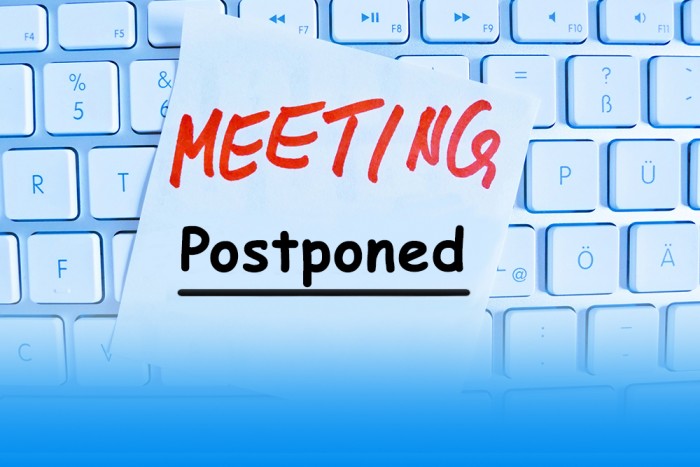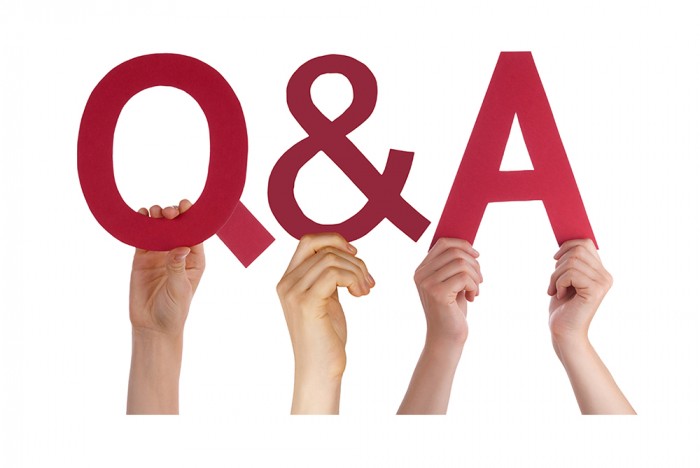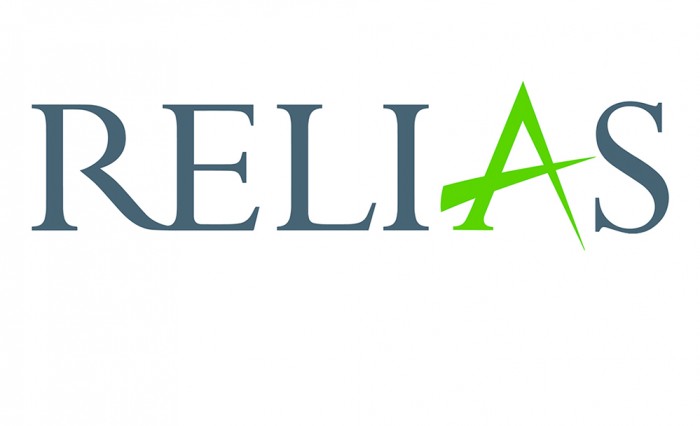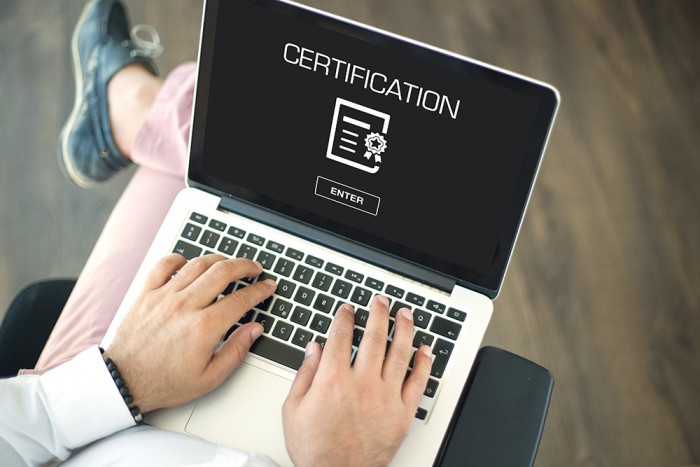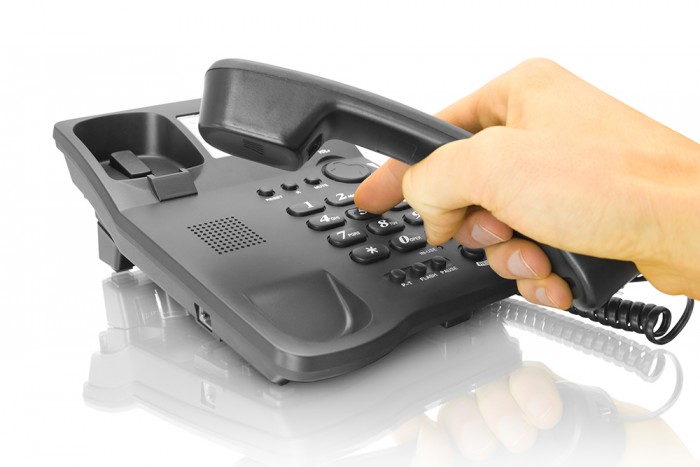The information below is an excerpt from the questions that were submitted during the stakeholder and legislator webinars held on Tuesday, March 17.
As a reminder, the departments of Health and Human Services continue to update websites with new information and guidance for both stakeholders and the public. Those resources are below:
- Pennsylvania Department of Human Services
- Pennsylvania Department of Health
RCPA has an open channel with OCYF that can assist in facilitating answers to ongoing questions nd concerns; please continue to forward that information to RCPA Children’s Division Director Jim Sharp.
Q & A
Office of Children, Youth, and Families (OCYF) Questions:
Can congregate care programs that have school programs continue those programs?
Congregate care programs should contact the Pennsylvania Department of Education for guidance on school programs.
RCPA Response: These programs fall into the PDE directive and we recommend for school closure until PDE is directed to resume school operations across PA.
Are there any changes to/interruption to the Kinship Care navigation support line?
The Kinship Navigator hotline continues to operate as normal and can be reached at 866-KIN-2111.
Can OCYF waive the requirement for face-to-face check-ins with children in foster care and allow this to happen via video conferencing, or would that require a federal statutory change/address in the national emergency order?
The Federal Children’s Bureau released guidance to states permitting use of video or teleconferencing methods for completing the required 30-days caseworker visits for children in foster care. This guidance from the federal government along with the Governor’s emergency disaster declaration will allow OCYF to suspend state regulatory requirements for the check-in to be face to face. Video conferencing is still expected to occur within the normal timelines. OCYF has communicated this guidance to county children and youth agencies and providers.
Young people must meet eligibility requirements related to participation in activities like school and work to remain eligible for extended foster care. Since many of these activities are being disrupted significantly or canceled, are DHS and OCYF willing to direct county child welfare agencies to: 1) waive eligibility requirements during this time period and 2) prohibit agencies from discharging any youth from extended foster care during this time period to ensure their safety and well-being?
While the eligibility requirements for older youth to remain in extended foster care are set forth in statute, OCYF supports broad interpretation of the requirements at this time to allow for these older youth to remain in care. For example, one eligibility option is that a youth be “enrolled” in a postsecondary or vocational education program, which means even if college or vocational classes are suspended, a youth could still be eligible for extended foster care as long as they remain enrolled. It should also be noted that the final determination that the child meets necessary eligibility criteria is made by the court, not the children and youth agency.
Is there a plan for if young children who need to enter foster care have COVID-19 and there is not a foster home willing to accept them or all available foster parents are high risk based on age/health conditions?
OCYF is working with county children and youth agencies and providers to explore contingency models in anticipation that this could become an issue; however, it is not something that has been brought to the attention of OCYF as a problem agencies are experiencing at this time.
Residential Providers are having trouble hiring new employees because of the closure of federal fingerprinting centers due to COVID-19. How is DHS handling this closure?
This affects numerous fields, so DHS is closely monitoring this issue alongside the Governor’s Office. We will issue guidance if necessary.







